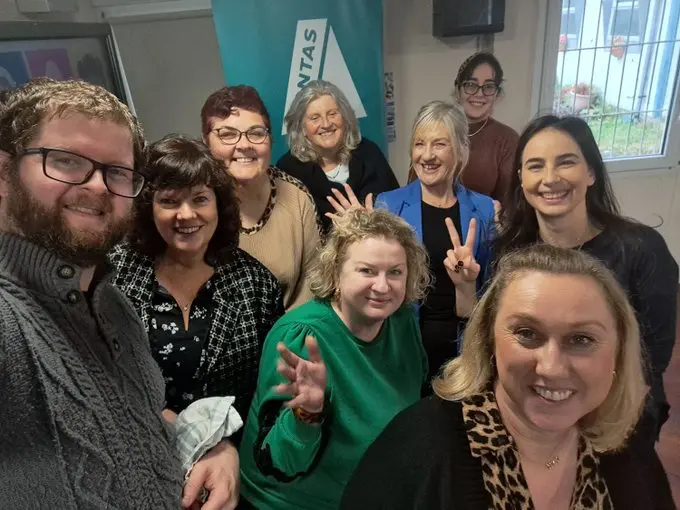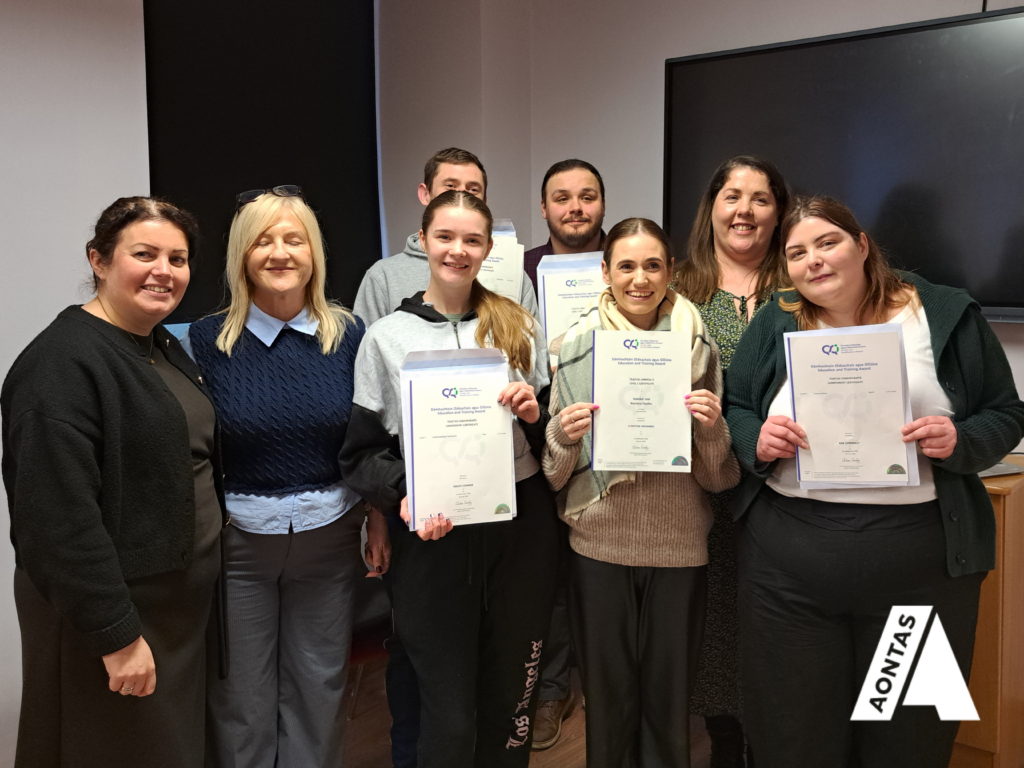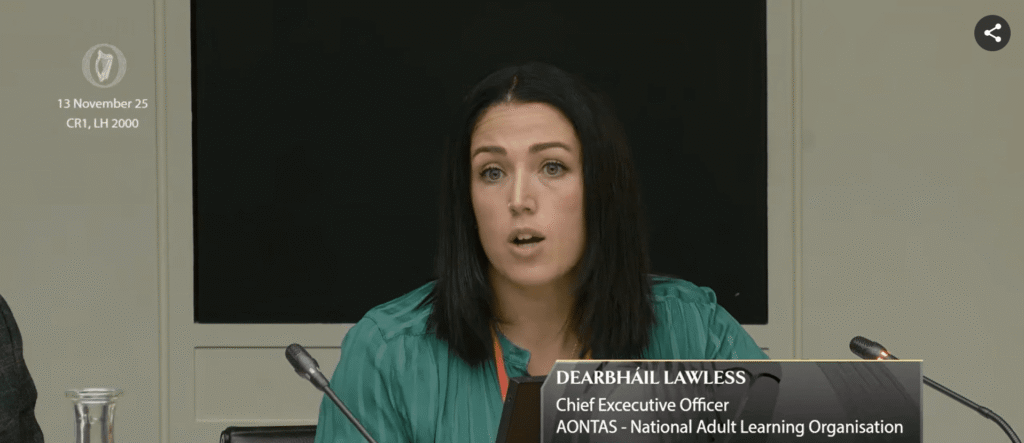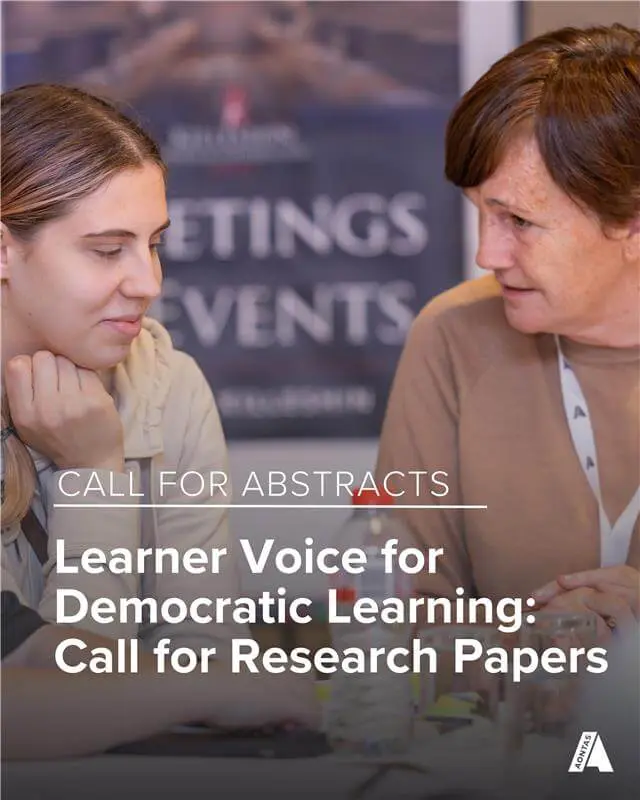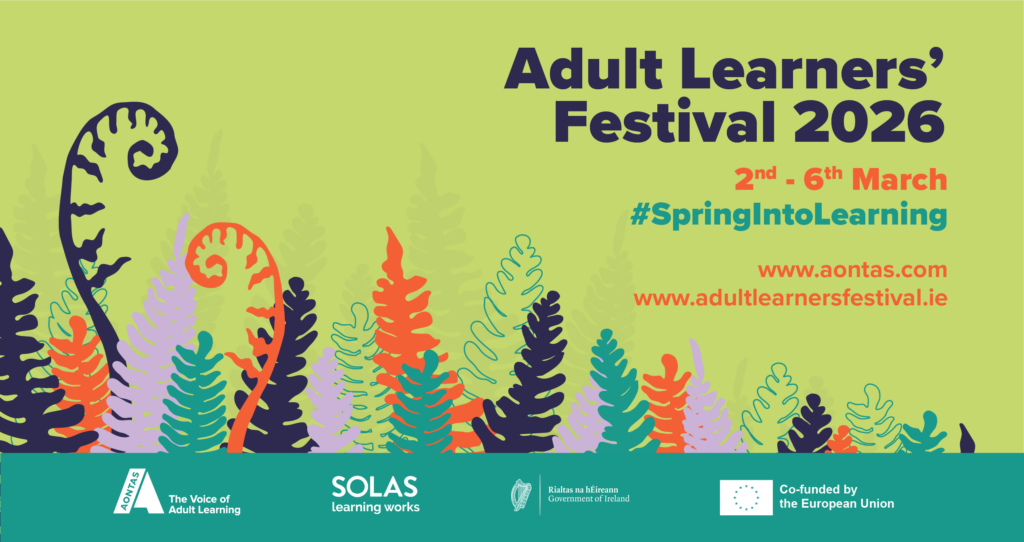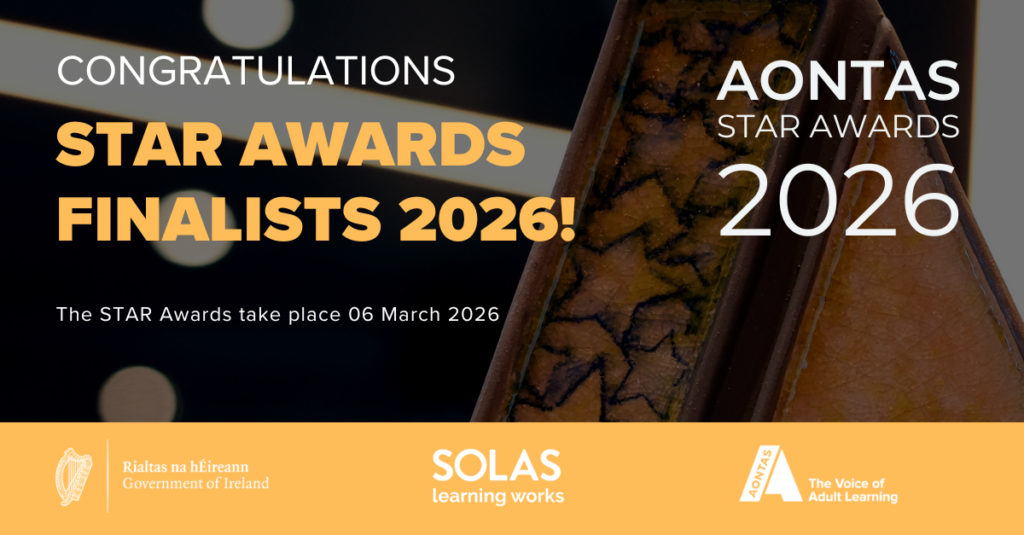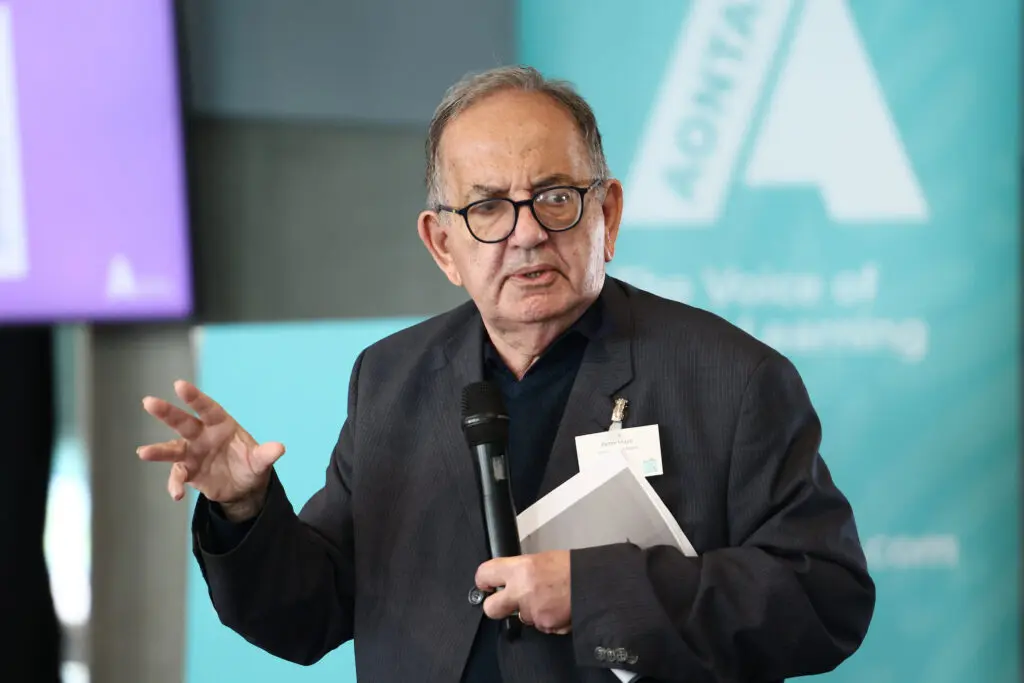It focuses on empowering learners, building capacity in the adult and community education sector, and addresses current issues like just green transitions, while promoting the idea that education can happen anywhere.
Our vision of a sustainable learning ecosystem is one that is built on care, connection, empathy, and cohesion – where learners, above all, feel safe and empowered. It is also an environment where learners feel seen and heard, and where their lived experiences are placed at the centre of their learning. A sustainable learning ecosystem generates learning opportunities with every interaction between learners themselves, with their educators, and with their environment.
Recent far-right narratives, polarising politics, and violent attacks as a result of this have negatively impacted some community education providers’ capacity to offer safe spaces where adult learners feel respected and empowered to engage in meaningful learning.
As misinformation plays out virtually and on social media, the reality for many individuals from some of the most marginalised communities has changed, leading to increased divisions. We want to address this and help educators with skills and resources to foster a sense of connection and empathy within and between communities.
We developed a “train the trainer” programme as part of the current “AONTAS on the Road” project, that focuses on the power of storytelling in connecting people and countering dominant narratives that fuels division and exclusion. 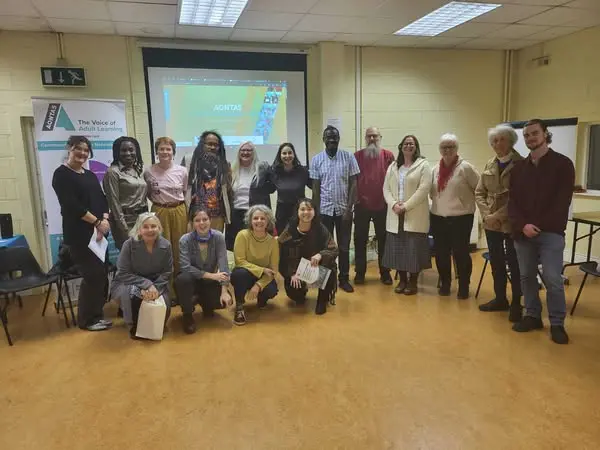
The Power of Storytelling
Storytelling is the oldest known way for humans to make sense of our reality and to create and affirm our identity. Stories also help us to connect and empathise with strangers, as they carry universal human themes and emotions.
While storytelling is innate to humans, and we continue to make sense of the world and connect in this way, the practices and settings around it have changed in modern times. The evolution of technology in the past decades has certainly influenced how we interact and get together.
This shift has made it easier for hatred and division to spread. People increasingly engage with virtual stories and online communities that tap into primal emotions and short-term thinking, rather than fostering connections with their neighbours and local communities. It’s no surprise, then, that communities have become so divided.
“Storytelling for Connecting Communities” supports educators and practitioners to create spaces within their community centres where learners come together and share stories that affirm their lived experiences and help them connect.
This training provides educators with knowledge and resources to facilitate traditional and digital storytelling workshops with their learners. We also developed a handbook that offers a comprehensive step by step guide and additional resources to carry out storytelling workshops. The handbook is free for download and use.
The digital storytelling workshops outlined in the handbook are inspired by and reference the Story Centre in Berkely, California, where this method of working with communities has been developed in depth.
Digital storytelling is rooted in social justice and in the belief that people from marginalised communities need to be heard and their stories need to be listened to.
Part of “Building Stable Roots for a Sustainable Learning Ecosystem”, we are visiting a total of 6 regions across the country where we deliver this full day training. So far, we have delivered this training to educators and practitioners in Galway, Limerick, and Dublin working closely with local education centres. This year, we will cover other parts of the country too.
For more information or any queries, please contact Larisa at lsioneriu@aontas.com
This project is funded through the New European Agenda for Adult Learning (NEAAL)
Funded by the European Union. Views and opinions expressed are however those of the author(s) only and do not necessarily reflect those of the European Union or the European Education and Culture Executive Agency (EACEA). Neither the European Union nor the granting authority can be held responsible for them.
![]()
